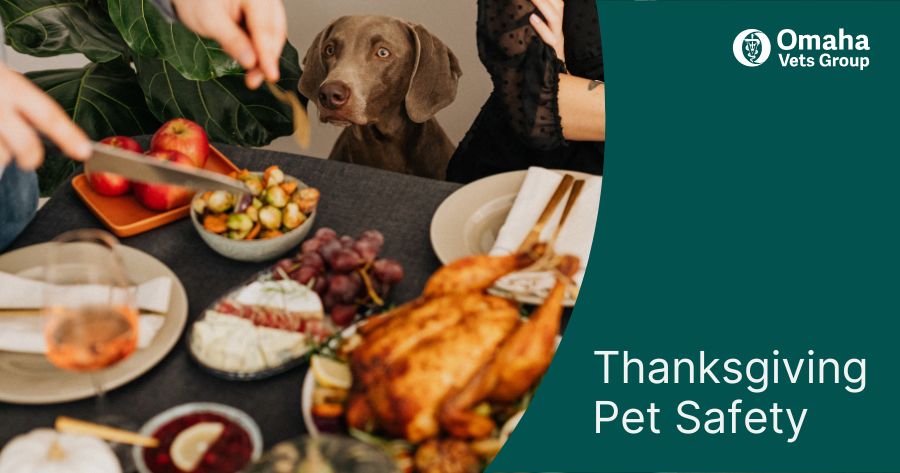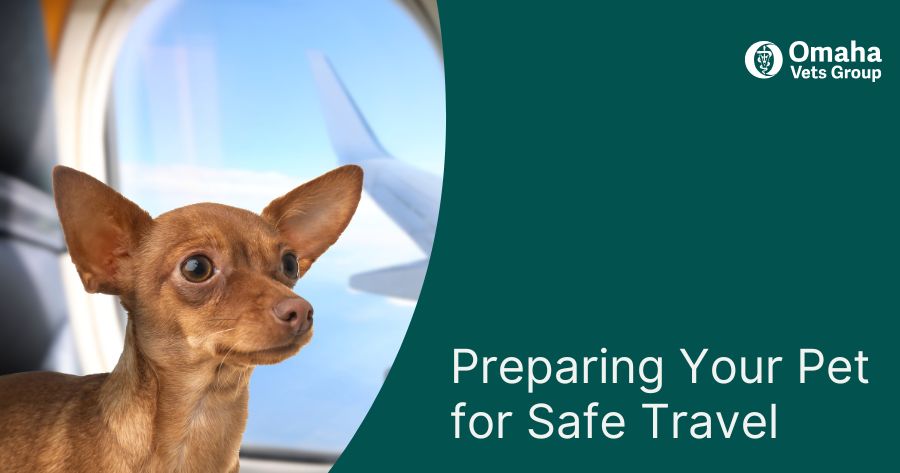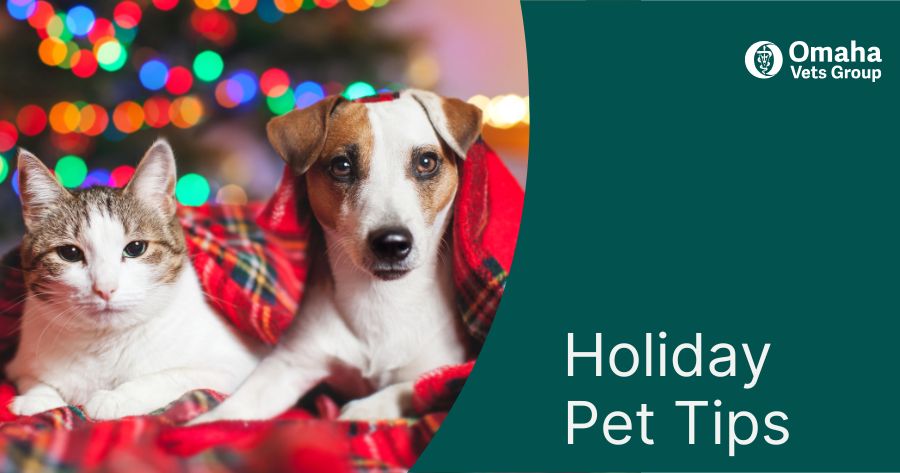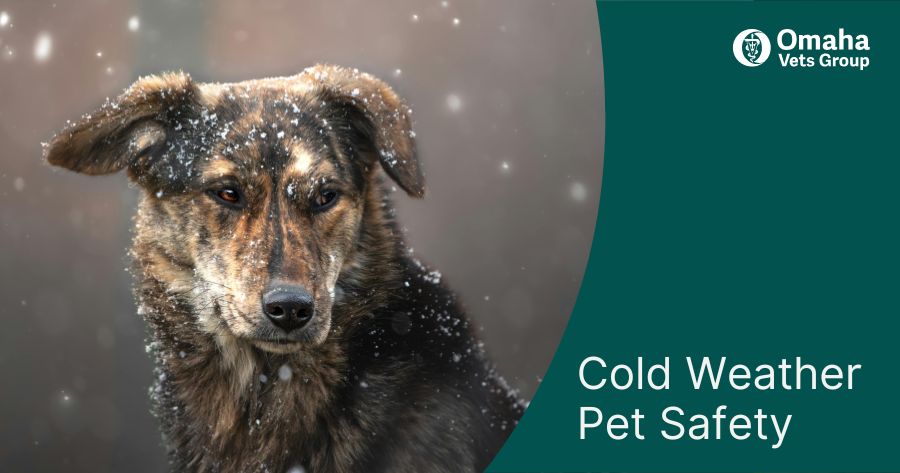
Thanksgiving is a time for gratitude, family, and comfort food, but it can also bring hidden dangers for dogs and cats. From certain ingredients to holiday stress, being informed helps you protect your furry family members and avoid an emergency visit to the vet this season.
Many foods we enjoy on Thanksgiving can cause mild to severe illness in pets. Here are a few of the most common risks:
Safe options: A small amount of plain, cooked turkey breast or sweet potato (no butter, seasoning, or sugar) can be a safe treat. When in doubt, stick with pet-safe snacks or vet-approved treats.
Leftovers, turkey bones, food wrappers, and even strings used to tie the turkey can be irresistible to pets. Ingesting these items can lead to intestinal blockages or poisoning. Make sure trash bags are sealed tightly and stored out of reach.
Visitors and noise can overwhelm some pets. Provide a quiet, secure room with familiar bedding, toys, and water. This helps reduce stress and prevent accidental escapes when guests arrive. Microchips and ID tags should be current in case your pet slips out during the commotion.
At Omaha Vets Group, we’re thankful every day for the opportunity to care for your pets and keep them safe through every season. If you suspect your pet has eaten something harmful or is showing signs of illness, contact us or an emergency clinic immediately.
Wishing you and your pets a happy, healthy Thanksgiving!











